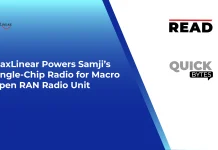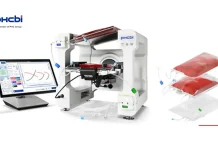iNtRON Biotechnology announced that CDL200, a novel biological drug candidate under the development of the world’s first enteric colon-targeted capsule formulation for the treatment of intractable and recurrent CDI (Clostridioides difficile Infection), confirmed the strong efficacy against clinical isolates from CDI patients.
A company official explained that the antibacterial activity of CDL200 was evaluated for 20 clinical isolates from patients in Europe and Korea, and rapid lysis effect within few minutes (1-5 minutes) after treatment was confirmed from all of the tested strains. In particular, even though majority of the tested strains are resistant strains to the commonly used antibiotics such as Metronidazole, Vancomycin, and Rifaximin, CDL200 showed very potent and rapid bactericidal activity.
CDL200 is an endolysin-based novel biological drug candidate for the treatment of Clostridioides difficile infection, a hard-to-treat and recurrent bowel diseases. CDL200 has innovative drug properties that can eradicate bacteria much faster than the conventional antibiotics in the market, and also can be used for the infection caused by antibiotic-resistant bacteria and/or highly virulent bacteria.
CDI patient population has been increasing globally and resulting in high mortality rate due to resistance to the existing antibiotics and serious complications such as toxic megacolon, sepsis, and intestinal perforation. Although there is growing interest in refractory CDI that does not respond well to primary treatment, there are only few studies on effective treatment yet. The more serious problem is the frequency of recurrent CDI is increasing, since the risk of subsequent recurrence is over 45% in patients who have had at least one recurrence.
The conventional treatment based on Metronidazole and Vancomycin is not effective for CDI with severe intractability and repeating recurrence. And the recently attempted FMT (fecal microbiota transplantation), that is, the treatment of administering donor feces to the patient’s intestinal tract, has advantages such as not suppressing the intestinal flora and not creating resistant strains, but the treatment brings objection to the general public and is limited in that there is a possibility that other pathogens from the donor may be transmitted.






